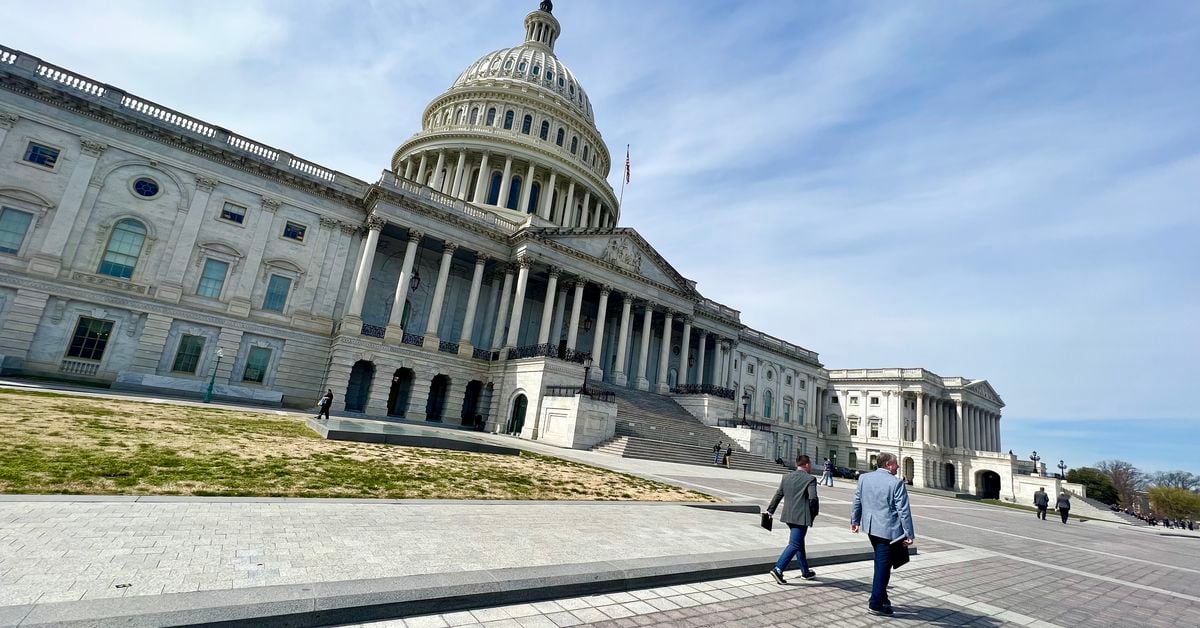
A bill aimed at hindering the potential development of a U.S. central bank digital currency (CBDC) has moved closer to consideration on the floor of the U.S. House of Representatives after gaining committee approval. The bill, supported by Republicans in the House Financial Services Committee, seeks to ensure that any U.S. CBDC is explicitly authorized by Congress and protects the privacy of Americans and the financial system from potential risks posed by a CBDC.
Despite the impending government shutdown, House lawmakers found time to address the issue of a digital dollar. The bill aims to prevent the implementation of CBDC pilot programs before they are proposed, prohibit the Federal Reserve from issuing a retail digital currency that could infringe on citizens’ privacy, and require Congressional approval for any advancements in a government-backed token. While this progress in the House is unprecedented, the future of the bill in the Senate appears less certain.
The Senate Banking Committee, led by Sen. Sherrod Brown (D-Ohio), does not share the Republicans’ favorable stance toward the digital assets industry. Brown has expressed concerns that the bill could hinder the United States’ ability to compete with other countries, particularly China, in developing a global standard for CBDCs. He accused Republicans of adopting an “anti-innovation stance” that could impede progress and result in the loss of the dollar’s status as the world’s reserve currency.
Rep. Maxine Waters (D-Calif.), chair of the House Financial Services Committee, echoed these sentiments, criticizing Republicans for potentially stifling research and hindering advancements in faster, cheaper, and simpler payment systems. Despite the potential drawbacks, the bill is a clear demonstration of Republicans’ skepticism towards CBDCs and their desire to exercise stricter control over their development.
The Federal Reserve’s Vice Chairman for Supervision, Michael Barr, has made it clear that the central bank will not proceed with a CBDC without direction from the White House and authorization through legislation from Congress. However, while some Republicans claim that the Biden administration is pushing for a CBDC, federal agencies have not yet proposed a digital dollar and are still in the early stages of conducting basic research regarding its implications.
Even if the crypto bills advanced by Republicans are approved by the House, their reception in the Democrat-dominated Senate is likely to be less enthusiastic. The differing views and priorities of the two parties create a significant hurdle for the passage of any legislation regarding CBDCs. The future of a U.S. digital currency remains uncertain as lawmakers navigate the complex nuances of this emerging technology.






